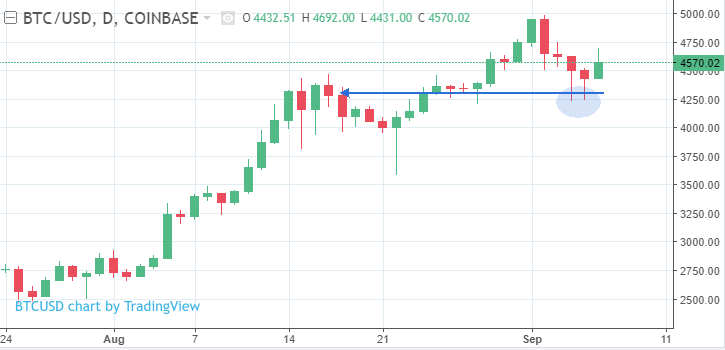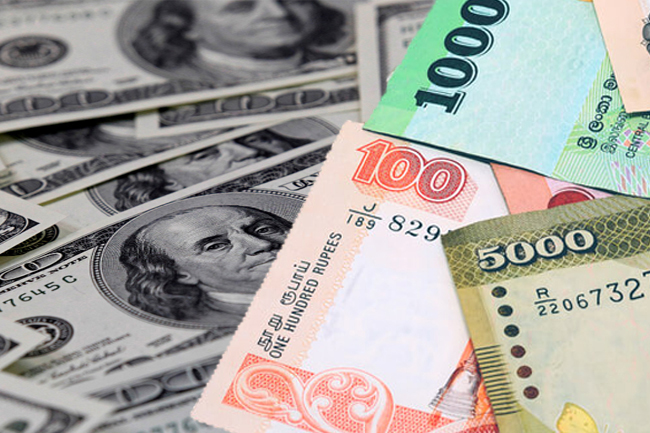The Impact Of China's Rare Earth Restrictions On Tesla's Optimus Robot

Table of Contents
China's Dominance in Rare Earth Mining and Processing
China's control over the rare earth market is undeniable. They possess a substantial share of global reserves and dominate the refining process, making them the primary supplier for industries worldwide. This strategic advantage extends to high-tech sectors like robotics, where rare earth elements are indispensable for optimal performance.
- Global Production Dominance: China controls over 70% of global rare earth production, a figure that underscores its influence on the global supply chain.
- Critical Rare Earth Elements for Optimus: Neodymium and dysprosium, vital for powerful and compact permanent magnets, are crucial components in Optimus's motors, actuators, and sensors. Other rare earth elements like terbium and praseodymium are also likely utilized in various aspects of the robot's sophisticated systems.
- Key Players in the Chinese Supply Chain: Several Chinese companies hold significant sway over the mining and refining of these critical materials, further solidifying China's dominance in the sector.
Rare Earth Elements in Tesla's Optimus Robot
Rare earth magnets are not merely a component; they are fundamental to Optimus's functionality. Their unique properties allow for the creation of powerful, yet compact, motors and actuators, vital for the robot's mobility and dexterity.
- Specific Applications in Optimus: Rare earth magnets are essential in Optimus's motors, driving its movement, and in its actuators, enabling precise manipulation of objects. They're also likely present in sensors, contributing to the robot's ability to perceive and interact with its environment.
- Performance Advantages: The high power density and reduced size offered by rare earth magnets are crucial for creating a compact and efficient robot like Optimus. This translates to improved performance and potentially lower energy consumption.
- Alternative Materials and Limitations: While alternatives to rare earth magnets exist, they often compromise on performance, size, or cost. This makes finding viable replacements a significant technological and economic challenge.
Potential Impacts of Restrictions on Optimus Production
China's potential imposition of restrictions, whether through export controls or other means, could severely disrupt Tesla's supply chain. This disruption could manifest in several ways:
- Increased Costs: Reduced supply could lead to significantly higher prices for rare earth elements, increasing the manufacturing cost of Optimus and impacting its profitability.
- Production Delays: A lack of essential materials would inevitably cause delays in the production timeline, potentially pushing back the robot's market launch.
- Alternative Sourcing and Material Substitution: Tesla might need to explore sourcing rare earths from alternative suppliers, a complex undertaking involving logistical challenges and potential quality control issues. Research into alternative materials is crucial but may take years to bear fruit.
- Geopolitical Implications: Tensions arising from rare earth restrictions could escalate into trade disputes and further complicate the global supply chain for high-tech industries.
Tesla's Strategies to Mitigate Risk
Tesla is acutely aware of the risks associated with China's dominance in rare earth supply. To mitigate these risks, Tesla will likely pursue several strategies:
- Diversification of Supply Chains: Actively seeking and establishing partnerships with rare earth mining companies outside of China, reducing dependence on a single source.
- Investment in Rare Earth Mining: Potentially investing in or acquiring rare earth mines in other countries to secure a more reliable supply.
- Research and Development of Alternatives: Investing heavily in research to develop and implement rare earth-free alternatives for critical components in Optimus.
- Lobbying and Policy Influence: Working with governments and international organizations to advocate for fair trade practices and policies related to rare earth minerals.
Conclusion: Navigating the Challenges of China's Rare Earth Restrictions on Tesla's Optimus Robot
China's control over the rare earth market presents a significant challenge to Tesla's Optimus robot project. The reliance on these materials for optimal performance, coupled with the potential for supply chain disruptions, raises concerns about production costs, timelines, and geopolitical implications. Tesla's response will likely involve a multi-pronged approach encompassing supply chain diversification, investment in alternative materials, and strategic partnerships. Understanding the intricacies of China's rare earth restrictions on Tesla's Optimus Robot is crucial for the future of robotics. Further research and collaborative efforts are vital to mitigating potential risks and ensuring the long-term success of this groundbreaking technology.

Featured Posts
-
 Canadian Dollar Strength Against Usd Weakness Elsewhere A Detailed Analysis
Apr 24, 2025
Canadian Dollar Strength Against Usd Weakness Elsewhere A Detailed Analysis
Apr 24, 2025 -
 Ice Blocks Columbia Student Mahmoud Khalil From Attending Sons Birth
Apr 24, 2025
Ice Blocks Columbia Student Mahmoud Khalil From Attending Sons Birth
Apr 24, 2025 -
 Canadian Dollars Mixed Performance Gains Against Us Dollar Losses Against Others
Apr 24, 2025
Canadian Dollars Mixed Performance Gains Against Us Dollar Losses Against Others
Apr 24, 2025 -
 Phaseout Of Russian Gas Eus Spot Market Strategy
Apr 24, 2025
Phaseout Of Russian Gas Eus Spot Market Strategy
Apr 24, 2025 -
 Chainalysis Acquires Ai Startup Alterya Expanding Blockchain Capabilities
Apr 24, 2025
Chainalysis Acquires Ai Startup Alterya Expanding Blockchain Capabilities
Apr 24, 2025
